In the 1964 Election Democrats Continued to Carry the Deep South Coursehero
We prepare diverse, talented and ambitious students to learn, lead and embody excellence in truth and service.
Our community of more than 12,000 undergraduate, graduate and professional students represents 53 states and territories, and 53 nations.
Veritas et Utilitas. Excellence in Truth and Service is reflected in all that we do.
Sep 22, 2022
Andrea A. Hayes Dixon, M.D., FACS, FAAP Appointed First Black Woman Dean of Howard University's College of Medicine
Dr. Andrea A. Hayes Dixon will serve as the Howard University College of Medicine dean beginning October 3, 2022.
More Details
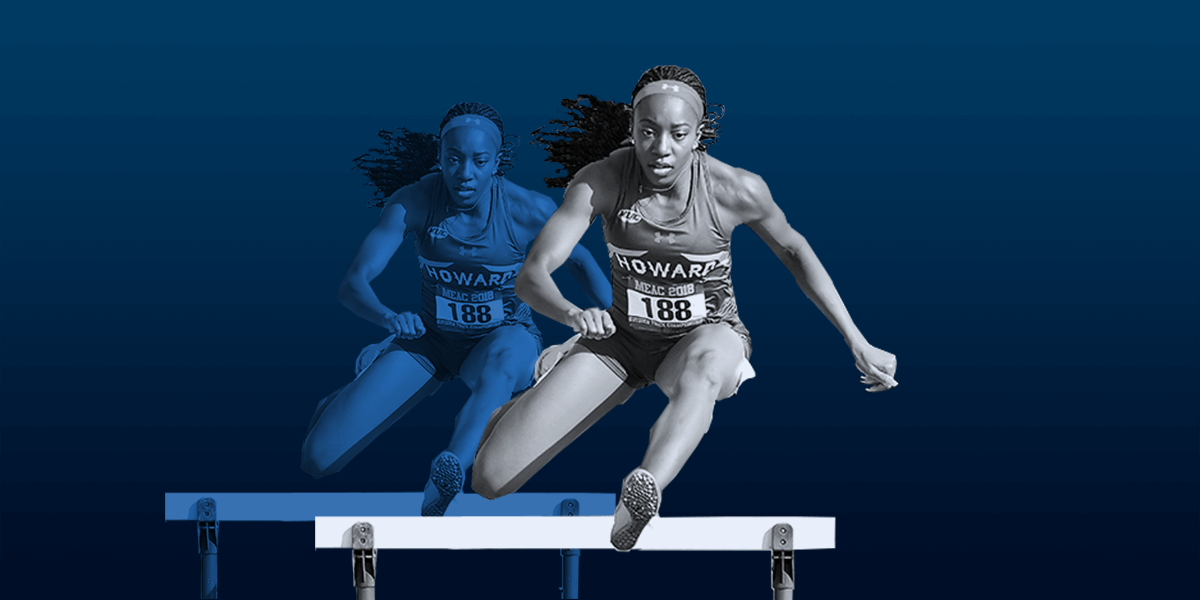

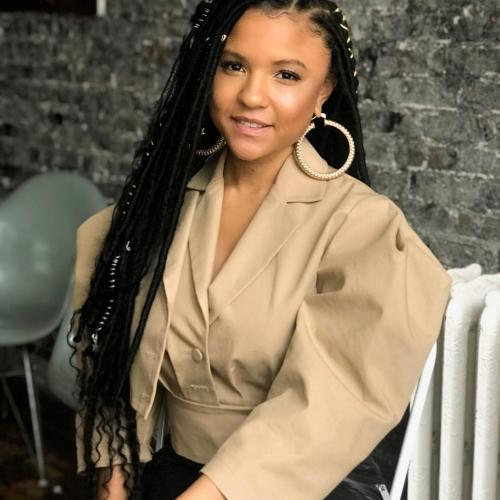
Howard is a very culturally rich and diverse University and our students not only come from all over the country, but all over the world. However, even through that diversity, there is an undeniable culture that grounds us and connects us, showing us that while we may all be different, that is where our strength lies."
Madison Star Brim, Alumna, Class of 2019 Fashion Designer 2020
Howard is one of the world's most prestigious destinations for professionals in health, science, engineering, art, law, and education.
#89 on the U.S. News & World Report 2022 rankings list

Leading HBCU
in U.S. News & World Report Best Colleges list.
Apply to more than 130 areas of study across 13 schools and colleges.
Explore All Programs
Our Legacy. A Promise of Excellence.
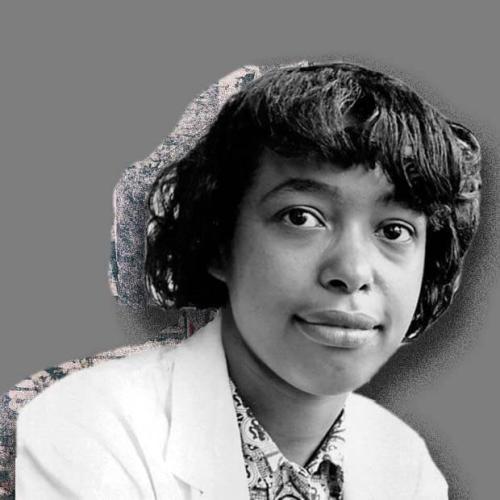
Patricia Bath
Class of 1968
Ophthalmologist, Inventor, Health Advocate
Patricia Bath
Class of 1968
"My love of humanity and passion for helping others inspired me to become a physician."
Dr. Patricia Bath was an ophthalmologist, inventor, researcher, and humanitarian. Born in 1942 to parents who encouraged her interest in science, Dr. Bath's research began at the young age of 16, when she won a merit award for her discoveries at a cancer research workshop. She received her medical degree at Howard University, graduating with honors in 1968. Dr. Bath's career was full of "firsts": In 1974, she was the first woman ophthalmologist appointed to the faculty of the University of California; in 1983, she became the first woman chair to an ophthalmology residency program in the United States. Dr. Bath was dedicated to bringing ophthalmic health services to underserved communities. She conducted epistemological research and found that blindness occurred in black patients at twice the rate of white patients.
In response to this discovery, Dr. Bath created community ophthalmology, a new discipline that brought volunteer ophthalmic health services to thousands of people who otherwise would not have been able to afford treatment. She didn't stop there: In 1976, Dr. Bath and three of her colleagues founded the American Institute for the Prevention of Blindness, an organization that operates on the principle that eyesight is a basic human right. She also invented the Laserphaco Probe, a surgical tool that uses lasers to treat cataracts with less pain and more precision than previous treatments. She patented the device in 1988, becoming the first African American female doctor to patent a medical technology.
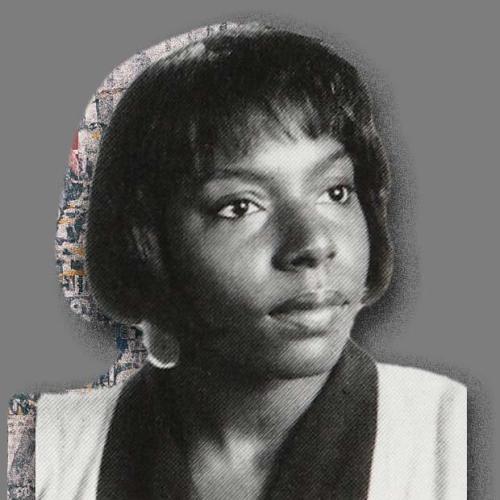
Beth Brown
Class of 1991
Astrophysicist & Educator
Beth Brown
Class of 1991
"If you didn't get a good physics background in high school, it isn't too late to study physics."
Beth Brown, Ph.D., was an astrophysicist and educator who studied elliptical galaxies and worked on multiple outreach projects. Born in Virginia in 1969, Brown cultivated a fascination in science from an early age, starting with her interest in science fiction. She studied astrophysics at Howard University, undertaking two internships at NASA during her undergraduate years. She went on to graduate school at the University of Michigan, where she became the first black woman to get a doctorate in astronomy from the institution. An astronomy course she developed during her graduate education is still taught and remains popular at the University of Michigan. Having attained her doctorate, Brown was then hired as an astrophysicist at NASA, where she collected data on elliptical galaxies. Brown's wonder at the night sky translated into a desire to share that wonder with others. She represented NASA on television interviews, combining her warm presence with her astronomical expertise to present information on astronomy to the general public in an accessible manner. She was passionate about helping minorities to succeed in physics. Her greatest achievement, in her own words, was "…convincing a young woman not to give up on her dreams of becoming a scientist."
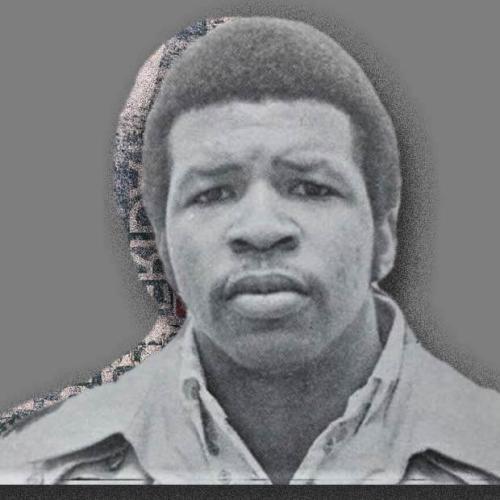
Elijah Cummings
Class of 1973
House Representative, Orator, Civil Rights Leader
Elijah Cummings
Class of 1973
"I will fight until death to make sure every citizen…has that right to vote."
Rep. Elijah E. Cummings was a lawyer, orator and advocate who worked throughout his lifetime to preserve American democracy. Born to former sharecroppers in Baltimore, Maryland in 1951, Cummings was no stranger to adversity. With the encouragement of his mother, who had only a fourth-grade education herself, Cummings went on to become the first African American in Maryland history to be named Speaker Pro Tempore, a senior member of the majority party chosen for skill in presiding. Elijah Cummings graduated from Howard University in 1973 with a bachelor's degree in political science. He then went to law school at the University of Maryland. He maintained a close relationship with Howard University throughout his lifetime. Cummings practiced law and served in the Maryland House of Delegates for 14 years. In 1996, he was elected to the Federal House of Representatives, where he advocated for the working class in his Black-majority district. He became a powerful voice against voter suppression, launching investigations in Georgia, Texas, and Kansas, as well as monitoring organizations accused of targeting voters of color. The issue of voter suppression was personal to Cummings, who, during a speech in February 2019, recalled his mother's dying words: "Do not let them take our votes away from us." In that same speech, Cummings vowed to fight until death to defend the right to vote—and fight he did, until his passing in October of 2019. Rep. Elijah E. Cummings's legacy as an advocate who fought tirelessly for the rights of all Americans lives on, both at Howard and in the countless lives he touched.
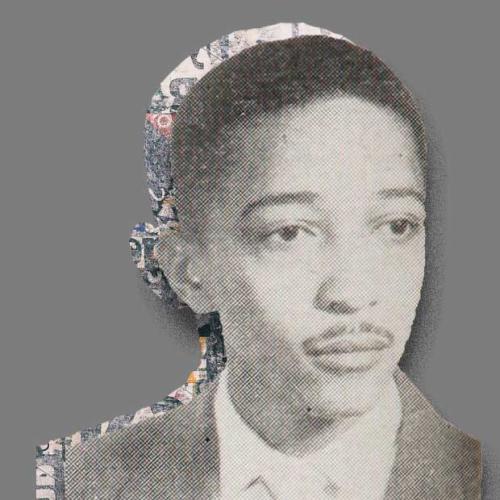
David Dinkins
Class of 1950
Former Mayor of New York City
David Dinkins
Class of 1950
"Race relations can be an appropriate issue...but only if you want to craft solutions, and not catalogue complaints. If we use the issue appropriately, we can transform it from the cancer of our society into the cure."
David Norman Dinkins was an American politician, lawyer and author who became the first African American Mayor of the New York City, from 1990 to 1993. He joined the faculty of Columbia University upon leaving office.Born on July 10, 1927, in Trenton, New Jersey, Dinkins served in the United States Marine Corps during World War II. He used veteran educational benefits to earn his bachelor of science degree in mathematics from Howard University in 1950. He later obtained his law degree from Brooklyn Law School in 1956. Dinkins was a founding member of the Black and Puerto Rican Legislative Caucus of New York State, the Council of Black Elected Democrats of New York State, and the One Hundred Black Men. He was also vice president of the United States Conference of Mayors, and a member-at-large of the Black Leadership Forum.Dinkins passed away in November of 2020 at age 93.
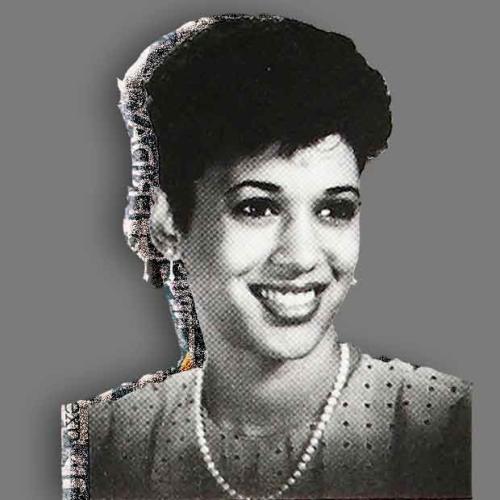
Kamala Harris
Class of 1986
Vice President of the United States
Kamala Harris
Class of 1986
"The thing that Howard taught me is that you can do any collection of things, and not one thing to the exclusion of the other. You could be homecoming queen and valedictorian. There are no false choices at Howard."
Sen. Kamala D. Harris was born in Oakland, Calif. She refers to her time at Howard as her "formative years" where she first was introduced to her love of politics. After earning an undergraduate degree from Howard University and a law degree from the University of California, Hastings, she began her career in the Alameda County District Attorney's Office.In 2003, Sen. Harris became the District Attorney of the City and County of San Francisco. Having completed two terms as the District Attorney of San Francisco, Kamala was elected as the first African-American and first woman to serve as California's Attorney General. In this role, she worked tirelessly to hold corporations accountable and protect the state's most vulnerable people.In 2017, Harris was sworn in as a United States Senator for California, the second African-American woman and first South Asian-American senator in history. Harris serves on the Homeland Security and Governmental Affairs Committee, the Select Committee on Intelligence, the Committee on the Judiciary, and the Committee on the Budget. On January 21, 2019, she formally announced her run for president and hosted her first press conference at her alma mater, Howard University.Harris's historic selection as the Democratic vice presidential candidate was announced in August of 2020. Harris is the first Black woman and the first Asian-American to run for vice president on a major party ticket in the United States. Harris's candidacy represents a milestone opportunity for our democracy to acknowledge the leadership Black women have always exhibited, but has too often been ignored. She was inaugurated as Vice President of the United States on January 20th, 2021.
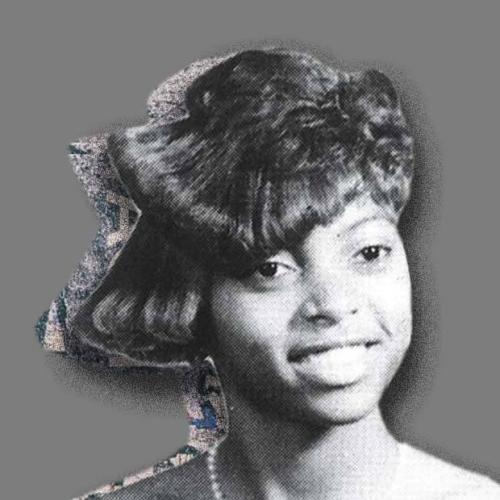
Taraji P. Henson
Class of 1995
Actress, Producer, Mental Health Advocate
Taraji P. Henson
Class of 1995
Taraji P. Henson is an Academy Award-nominated actress, producer, and mental health advocate. She was born in Washington, D.C., and raised in an apartment that she described as "one step up from the projects". Henson's path to an acting career was not always clear-cut. After graduating high school, she pursued a degree in electrical engineering at North Carolina University, but dropped out after failing a math class. Henson transferred to Howard University, where she studied theater while working two jobs to support herself and her newborn son.
After graduating from Howard in 1995, Henson moved to Los Angeles, where she took on an office job and landed small roles in various television series. Her breakthrough role came in 2001, when she starred in the film, "Baby Boy."From there, her repertoire of film roles grew, and in 2008, she was nominated for an Academy Award for her role as the titular character's mother in "The Curious Case of Benjamin Button." She focused primarily on film until 2015, when she returned to television in "Empire" as Cookie Lyon, a role for which she received an Emmy nomination and a Golden Globe award. Her 2016 role as Katherine Johnson in the critically acclaimed film "Hidden Figures" cemented Henson's popularity and iconic status. In 2018, Henson founded The Boris Lawrence Henson Foundation, a nonprofit committed to challenging the perception of mental illness in the African American community.
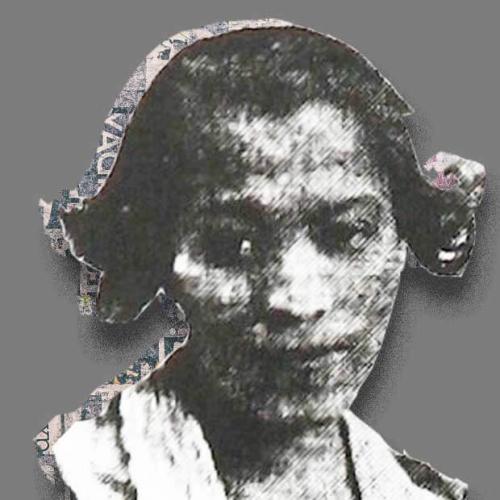
Zora Neale Hurston
Class of 1920
Author, Anthropologist
Zora Neale Hurston
Class of 1920
"Research is formalized curiosity. It is poking and prying with a purpose."
Zora Neale Hurston is considered one of the foremost female writers of the 20th century. She was born in Notasulga, Alabama on January 15, 1891. At a young age, her family relocated to Eatonville, Florida where they flourished. Her father became one of the town's first mayors. In 1917, Hurston enrolled at Morgan College, where she completed her high school studies. She then attended Howard University and earned an associate's degree. Hurston was an active student and participated in student government. She also co-founded the school's renowned newspaper, The Hilltop. In 1925, Hurston received a scholarship to Barnard College and graduated with a BA in anthropology.During her time in New York City, Hurston befriended other writers such as Langston Hughes and Countee Cullen. Together, they joined the black cultural renaissance taking place in Harlem. Hurston dedicated herself to promoting and studying Black culture. She traveled to Haiti and Jamaica to study the religions of the African diaspora. Her findings were included in several newspapers throughout the United States. Hurston often incorporated her research into her fictional writing. As an author, Hurston started publishing short stories as early as 1920. Unfortunately, her work was ignored by the mainstream literary audience for years. One of her most popular works was "Their Eyes were Watching God." Hurston broke literary norms by focusing her work on the experience of a Black woman.

Kwame Ture
Class of 1964
Pan-African Activist & Organizer
Kwame Ture
Class of 1964
"The job of the conscious is to make the unconscious conscious."
Kwame Ture (formerly Stokely Carmichael) was a civil rights activist, writer, and orator known as a lead figure within the Pan-African and Black nationalist movements, and for coining the slogan, "Black power." Ture was born in Trinidad in 1941 and immigrated to New York City in 1952. In high school, watching a televised sit-in for civil rights inspired him to join the Congress of Racial Equality (CORE) and participate in sit-ins across the United States. During his freshman year at Howard University, where he majored in philosophy, he participated in his first Freedom Ride. The Freedom Rides were integrated bus trips through the American South in protest of the segregated public transportation system.
After graduating from Howard in 1964, Ture became a field organizer with the Student Nonviolent Coordinating Committee (SNCC). He played a vital role in the Freedom Summer, a campaign to register black voters in the Deep South. However, he eventually became disillusioned with the slow pace of progress and continued police violence faced by activists for integration. In 1966, Ture gave the speech wherein he first spoke the words "Black Power," calling for cultural, political, and economic self-determination for Black people around the world. He joined the Black Panther Party and journeyed around the world to visit with revolutionary leaders, eventually ending up in Conakry, Guinea, where he changed his name from Stokely Carmichael to Kwame Ture in 1969. There, he dedicated the rest of his life to Pan-African unity. In his writings and speeches, Ture helped to redefine African American identity--as well as Black identity around the globe--with his revolutionary proclamation that Black is beautiful.
flowercoustruend2001.blogspot.com
Source: https://howard.edu/
0 Response to "In the 1964 Election Democrats Continued to Carry the Deep South Coursehero"
Post a Comment